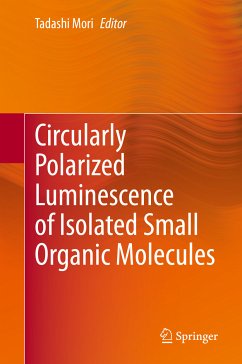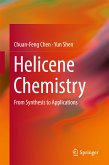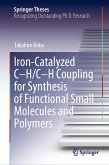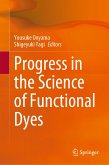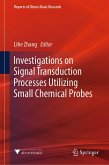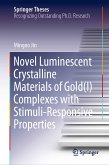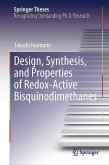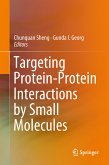This book collects all the latest advances in the leading research of the circularly polarized luminescence (CPL) of small organic molecules. Compared with that of lanthanide-based fluorophores, the research into the CPL of small organic molecules is still at the developmental stage for their relatively smaller dissymmetric factors, but has been a source of widespread attention recently. The book includes the state of the art of the discoveries in CPL organic molecules, such as helicenes, biaryls, cyclophanes, boron dipyrromethene dyes, and other chiral molecules, mostly in their isolated states, covering all possible chiral substances for future applications. This book also highlights the recent development of CPL instruments as well as time-resolved circular dichroism spectroscopy, to facilitate the further development and future design of CPL molecules.
Dieser Download kann aus rechtlichen Gründen nur mit Rechnungsadresse in A, B, BG, CY, CZ, D, DK, EW, E, FIN, F, GR, HR, H, IRL, I, LT, L, LR, M, NL, PL, P, R, S, SLO, SK ausgeliefert werden.

